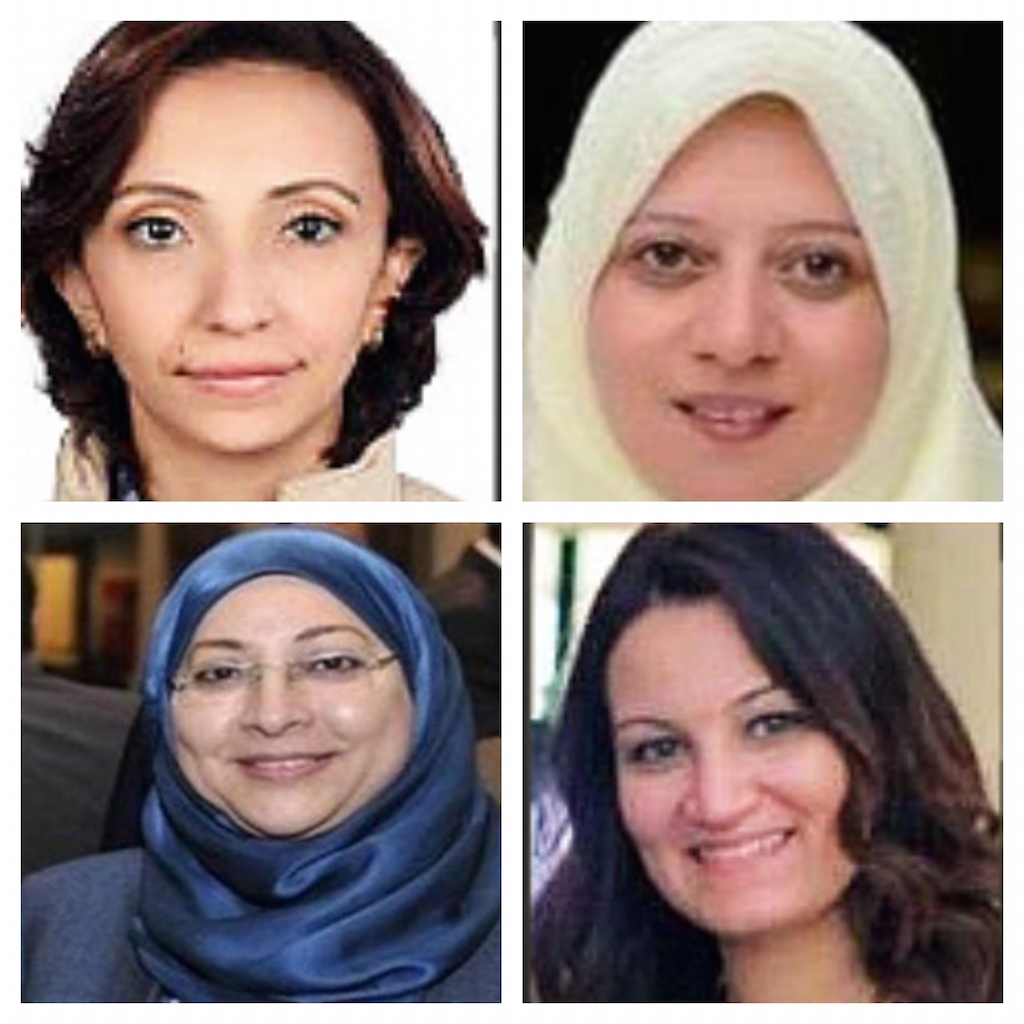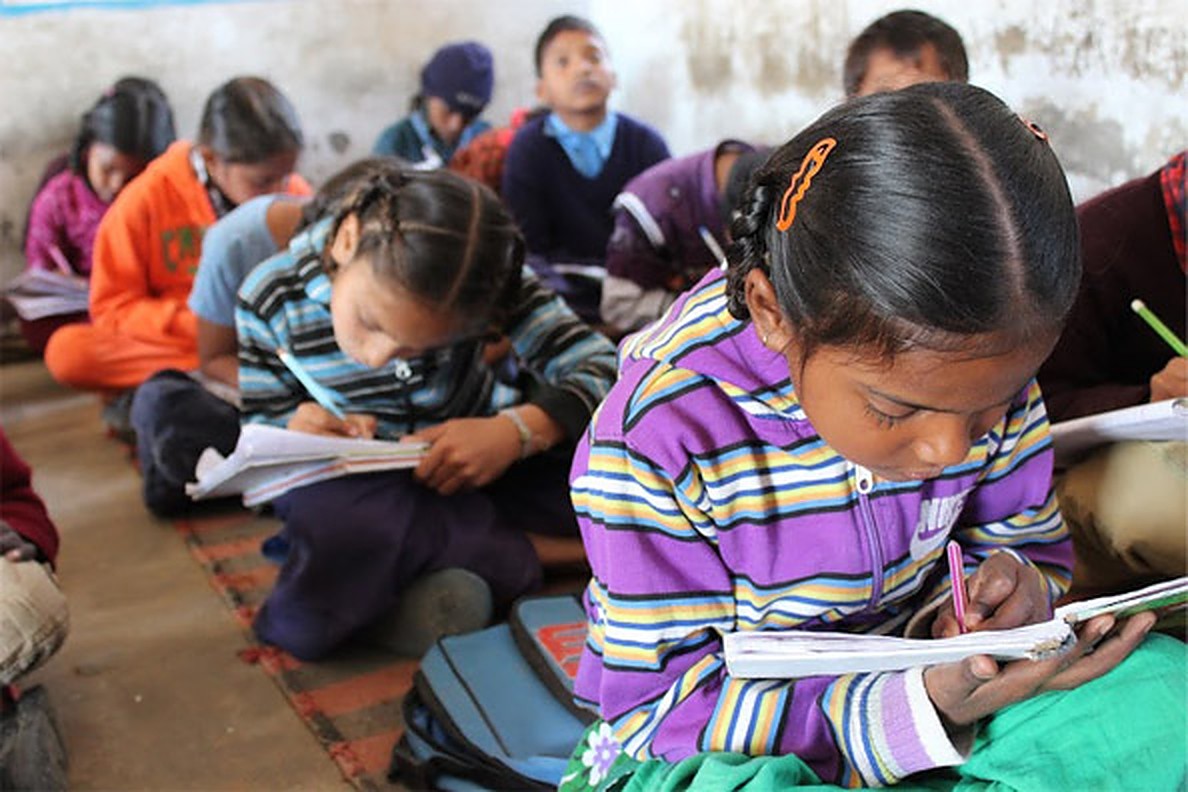Working in silence and seeking no fame, the Egyptian young leader Hassan Ali Ghazaly just got selected as “Young Person of The Year” after getting the majority of African youth’s votes at the Young African Leaders Summit (YALS) in Accra, Ghana. Ghazaly, who won the hearts of African youth for helping them reach their full potential through numerous activitie, is the founder of the African Youth Bureau, which is affiliated to the Egyptian Ministry of Youth and Sports. He is also the Vice President of the Sudan-based Pan African Youth Union. Throughout his career journey as an African activist, his main goal was to empower young people at both local and continental levels which goes in tandem with the African Union Agenda 2063, based on inclusive growth and sustainable development. Bearing the slogan “Egypt is My Village, Africa is My Country”, Ghazaly managed to win the title after strong competition against many active young leaders, including the African Union Youth Envoy Aya Chebbi. Due to his unreleting efforts to support African Youth, he was also selected by the Pan African Youth Leadership Foundation among the most effective young leaders in…
Seven Women Appointed As Deputy Governors, Representing 40% of Latest Reshuffle
Seven women were appointed as deputy governors on Wednesday, representing 40% of the latest reshuffle. The seven women out of the 23 new deputy governors included: Jacquline Azer for Alexandria, Ghada Yehia for Aswan, Inas Samir for South Sinai, Lobna Abd El Aziz for Al Sharqiya, Jehan Abd El Moneim for Cairo (Southern region), Hend Mohamed for Giza, and Dina El Dessouki for Matrouh. The deputies and new governors were sworn in before President Abdel Fattah al-Sisi on Wednesday. However, while the Egyptian Centre for Women’s Rights welcomed the news, it stated in a press statement that it hoped that there would be an increase in the proportion of women appointed as governors, especially as this is not correlated with the percentage of women in the population or the percentage of women’s contribution to economic activity, which reaches 30% in the formal sector and nearly 70% in the informal sector. Nehad Abou AlQumsan, senior lawyer and chairwoman of the center, called for a quota of women to be applied by at least 35% in all government, leadership and ministerial positions to advance the participation of Egyptian women. In 2018, women…
Review: Hessler’s ‘The Buried’ Captivatingly Captures the Essence of Egypt’s Political Turmoil and History
The 2011 revolution, the First Intermediate Period, then the era of Morsi, and the Second Intermediate Period, then the presidency of current President Abdel Fattah Al Sisi—so begins the ancient to modern parallel timelines of Peter Hessler’s newest literary work The Buried. Throughout the last few years, Hessler’s work would make its way to my social media feeds. Initially, I knew nothing about the journalist and writer whose interests—modern day eastern countries and ancient civilizations—would perfectly align with mine. Curiously enough, one day, I decided to read his New Yorker article about the late Egyptian President Mohamed Morsi, which I found to be replete with a narrative much like that of fictional stories. Immediately, I was hooked, so I proceeded to read every single piece of Hessler’s online work. Dining with a friend one day, he told me to read Hessler’s The Buried, calling it an excellent and thought-provoking read. Similar to my experience, Hessler takes on the Middle Eastern country directly after the Arab Spring. And, also like me, he spent a couple of years living in China, fascinated with its ancient and contemporary history, so his decision to move…
Comedian Ahmed Amin to Star in Netflix’ First Original Egyptian Series ‘Paranormal’
The cast of Netflix’ first ever original Egyptian series, Paranormal, has been revealed. According to a press release by Netflix, Egyptian comedian Ahmed Amin was cast in the lead role as Dr. Refaat Ismail. The show will also star Razane Jammal in the role of Magy, Aya Samaha as Huwaida and Samaa Ibrahim who will play the part of Ra’efa. “Amin brings a level of authenticity and a powerful on-screen presence that we felt was the ultimate fit for the portrayal of Dr. Refaat Ismail,” Egyptian filmmaker Amr Salama, who serves as creator, co-director and co-producer of the show, said of Amin’s involvement, according to an earlier press release. The show, announced earlier this year, is an adaptation of late Egyptian author Ahmed Khaled Tawfiq’s popular horror/thriller book series, Ma Wara’ El Tabiaa (The Paranormal), which sold over 15 million copies worldwide, making it one of the most commercially successful literary works to ever come out of the Middle East and North Africa. Co-produced by Mohamed Hefzy and co-directed by Emirati director Majid Al Ansari, Paranormal is set in the 1960s and follows hematologist Dr. Refaat Ismail on his supernatural encounters…
Could This Egyptian App Make Credit Cards Obsolete?
According to the US Department of Commerce’s International Trade Administration, Egypt has the highest internet penetration rate in the Middle East and North Africa, with more than 50 million users, eight percent out of whom make regular online transactions. With an ever-growing telecommunications infrastructure and a large unbanked/underbanked population, Egypt is ripe for a Fintech boom of its own. Cue valU, the mobile app that could very well render your credit card obsolete and winner of Terrapin’s Seamless Award for MENA Fintech Innovation of 2019, and the 2019 E-Commerce Summit’s Payments Award. Powered by EFG Hermes’s non-bank financial institution (NBFI), valU offers a financially innovative payment system that allows you to shop online and at thousands of retail stores and pay through an installment plan of your choice. Using swipe-to-pay technology, the app allows users to perform transactions at any store in the valU network by swiping their smartphones over a POS (Point of Sale) device. The app also allows users to make transactions at a number of online marketplaces that support the service. valU then generates a payment plan, complete with a timetable, through a built-in calculator and notifies…
Egypt Launches Its First Telecommunications Satellite ‘Tiba-1’
Egypt launched its first telecommunications satellite ‘Tiba-1’ from the South American base of French Guiana on the evening of 26 November at 11:00 p.m. The launch was due to take place on 15 November, but it was postponed until 25 November. The launch was further postponed for another 24 hours due to bad weather conditions. ‘Tiba-1’ is planned to operate for more than 15 years, providing broadband Internet services to individuals and businesses in Egypt as well as other North African and Nile Basin countries. “Through this mission, Arianespace highlights its ability to be at the service of innovative satellite solutions for commercial and institutional needs,” the statement on Arianespace explained. The satellite was launched by the European company Arianespace as the fourth satellite launched for Egypt. ” It will be deployed by Arianespace into geostationary transfer orbit (GTO), subsequently transitioning to its operational orbital slot position at 35.5° East,” the statement highlighted. The mission also launched another satellite – the GX5 satellite for the operator Inmarsat, a pioneer in mobile satellite communications. According to the statement, “GX5 will deliver greater capacity than the entire existing GX fleet (GX1-GX4) combined…
4 Project Ideas to Help Achieve Educational Equity in Egypt
In many parts of the world, educational equity remains a pressing issue. Poverty often hinders educational opportunities as families simply lack the financial means to pay for school tuition, books, or school uniforms, and eventually push their kids to work rather than attend school. Poverty in Egypt is largely connected to regional disparities, as people living in rural areas suffer from higher levels of poverty, where 43.7 percent of the residents are income poor. This often results in higher levels of illiteracy, as Upper Egypt had the highest rates of illiteracy in 2017; Minya ranked first with 37.2 percent; followed by 35.9 percent in Bani Suef; 34.6 percent in Assiut; 34 percent in Fayoum and 33.6 in Sohag. First, it is important to understand what is meant by ‘educational equity’. Rather than just giving everybody the same education, education equity is achieved by giving what people need in order to achieve the same outcome. In other words, it means ensuring that personal and social circumstances are not obstacles to achieving educational potential, as many kids often fall behind in the same education system due to overlooked personal struggles. Examples include…
Biblioteca Alexandrina Glows in Orange Lights to Combat Violence Against Women and Girls
The historic Biblioteca Alexandrina shined with orange lights last night to mark the beginning of the global 16 Days Campaign to combat violence against women and girls. The initiative saw 300 attendees participate in an organized stand to raise awareness about gender-based violence. The campaign, which was launched in 1991 and takes place every year from the 25th of November, the International Day for the Elimination of Violence Against Women, until the 10th of December, Human Rights Day, will see UN Women Egypt collaborate with the National Council for Women on a number of initiatives aimed at ending sexual and physical violence as well as psychological abuse against women. The orange lights, used to signify a world free from violence against women and girls, according to a Facebook post by UN Women, were previously cast onto other historic buildings and monuments around the world to support the initiative, such as Rio de Janeiro’s iconic Christ the Redeemer statue. Themed Generation Equality, the campaign will see participants from around the world take part in initiatives to stand against gender-based violence, as part of the broader concept–16 days of activism on behalf of…
Coptic Woman Granted Equal Inheritance by Egyptian Court
A Coptic woman won a landmark ruling granting her equal inheritance by the seventh circuit of the Helwan family court on Monday, according to Masrawy. “Finally, a ruling was issued on my case to equally distribute inheritance between men and women,” Huda Nassralla took to Facebook to announce. The 40-year-old human rights lawyer had embarked on this legal battle almost a year ago, following the death of her father and the subsequent inheritance proceedings, which granted each of her two brothers double her share in the estate in accordance with Sharia (Islamic law), the main source of legislation in Egypt’s civil laws. The plaintiff’s brothers testified in court that they support her right to equal inheritance, but were ignored twice. “It is not really about inheritance, my father did not leave us millions of Egyptian pounds,” she told the Associated Press. “I have the right to ask to be treated equally as my brothers.” Nassralla then appealed the previous court decisions, citing article 245 of the Orthodox personal status bylaws, issued in 1938, which grants Coptic Christian women equal inheritance to men, arguing that Sharia law doesn’t apply to her….










